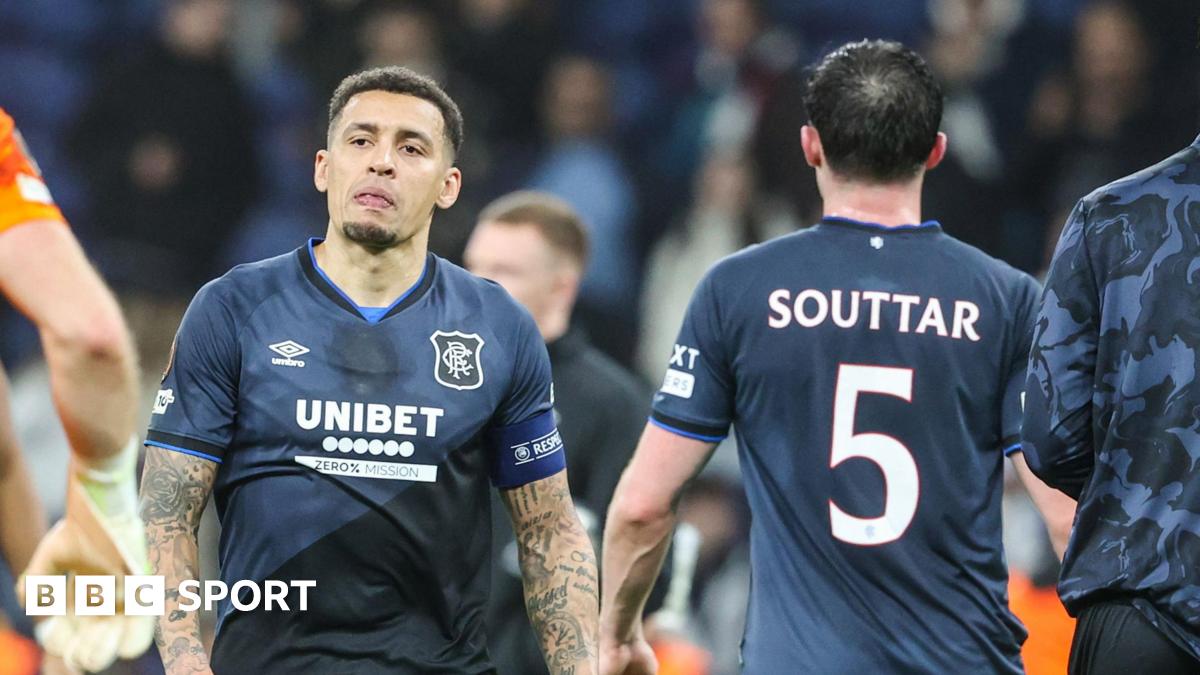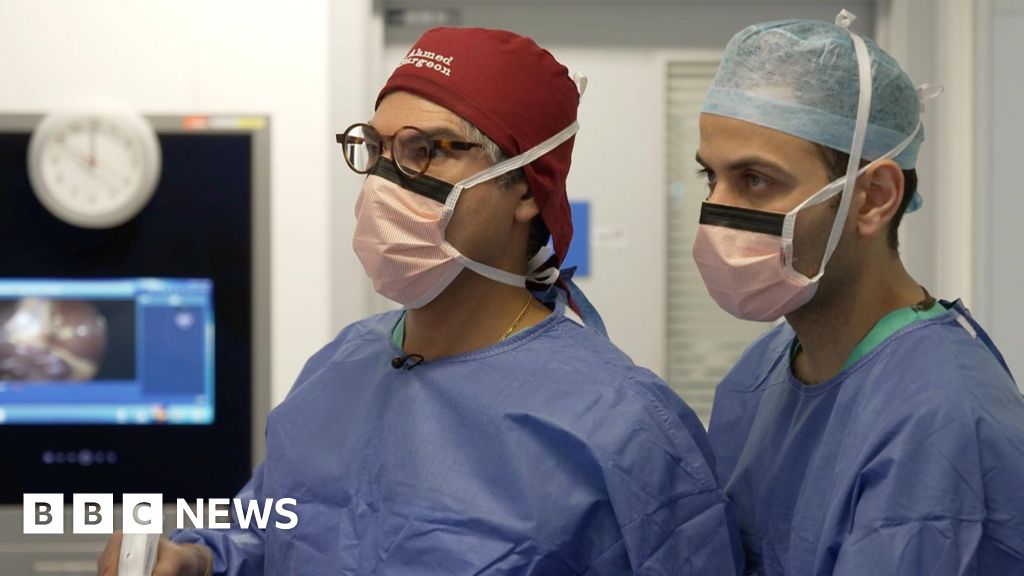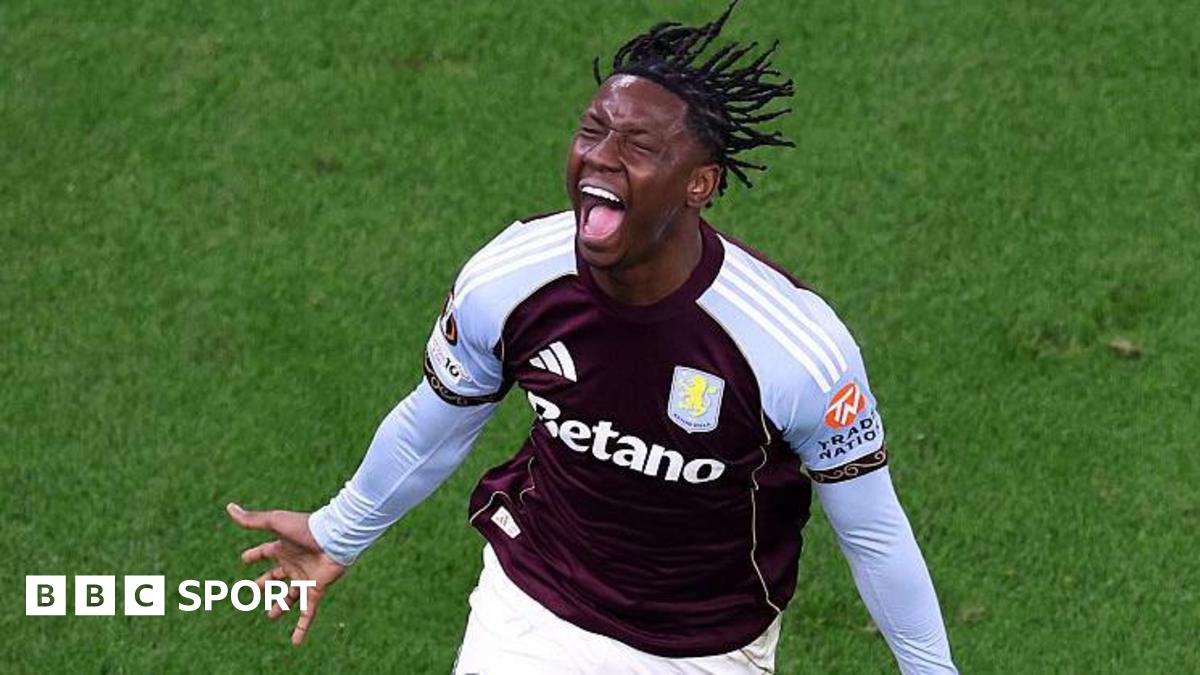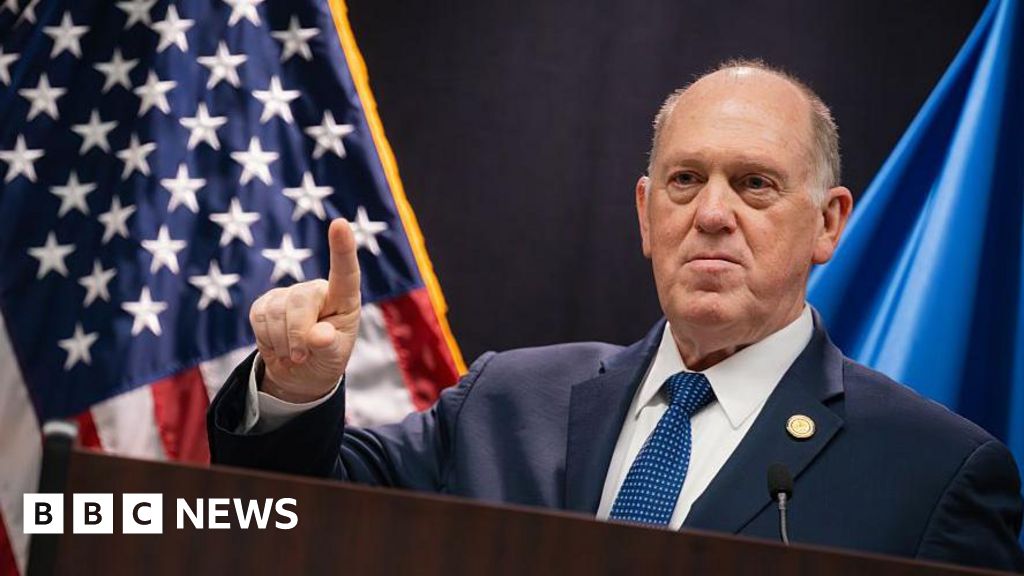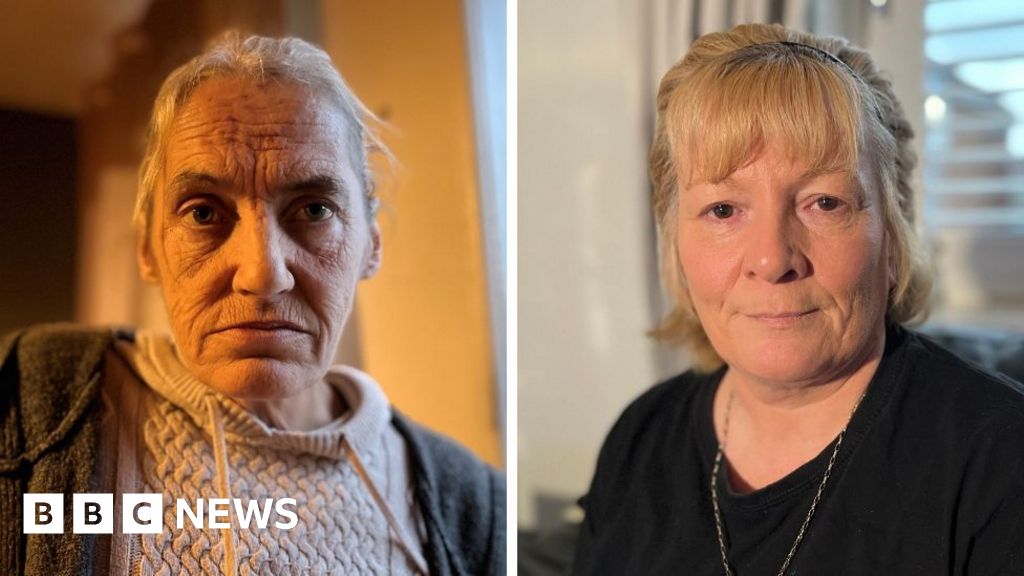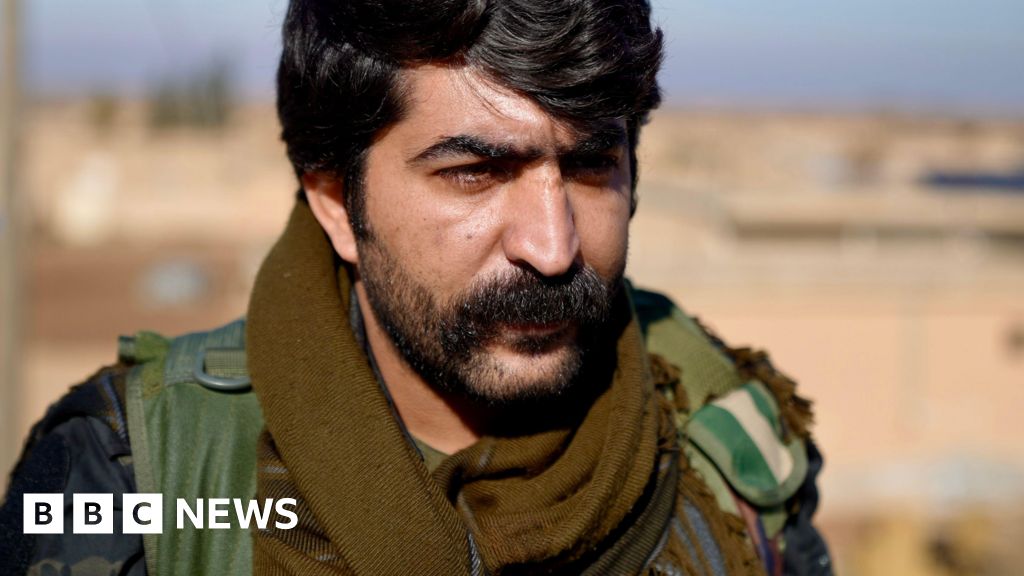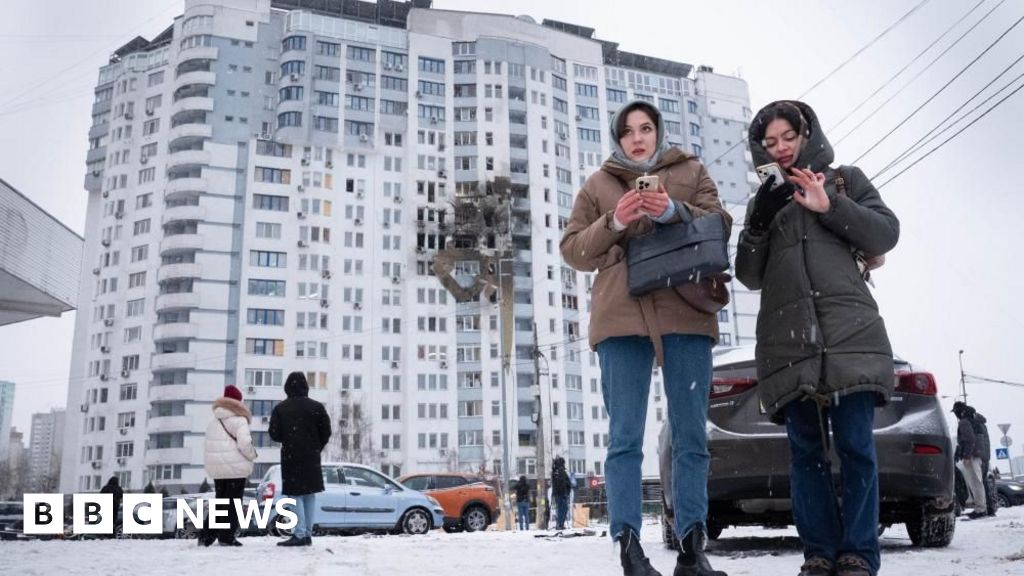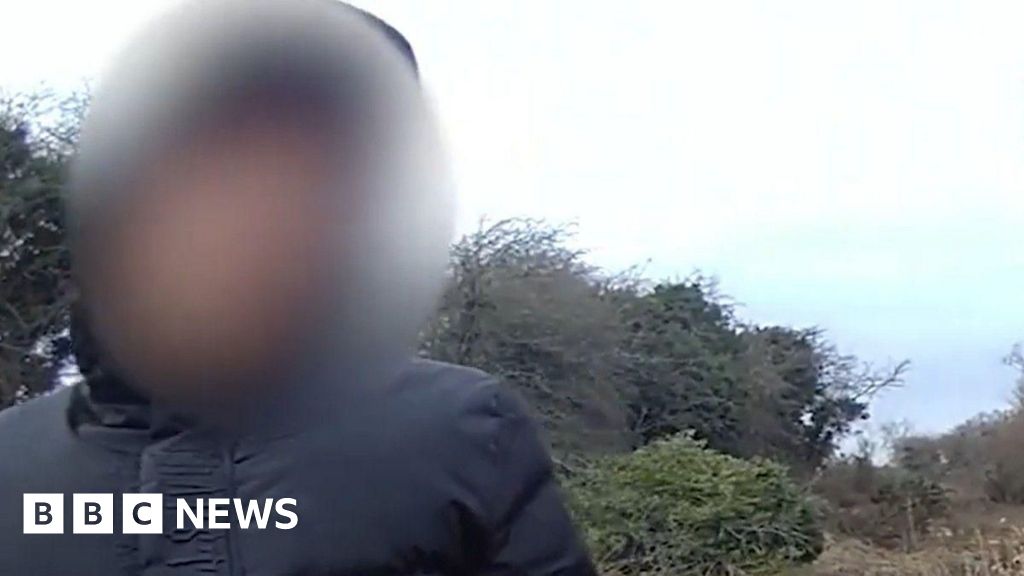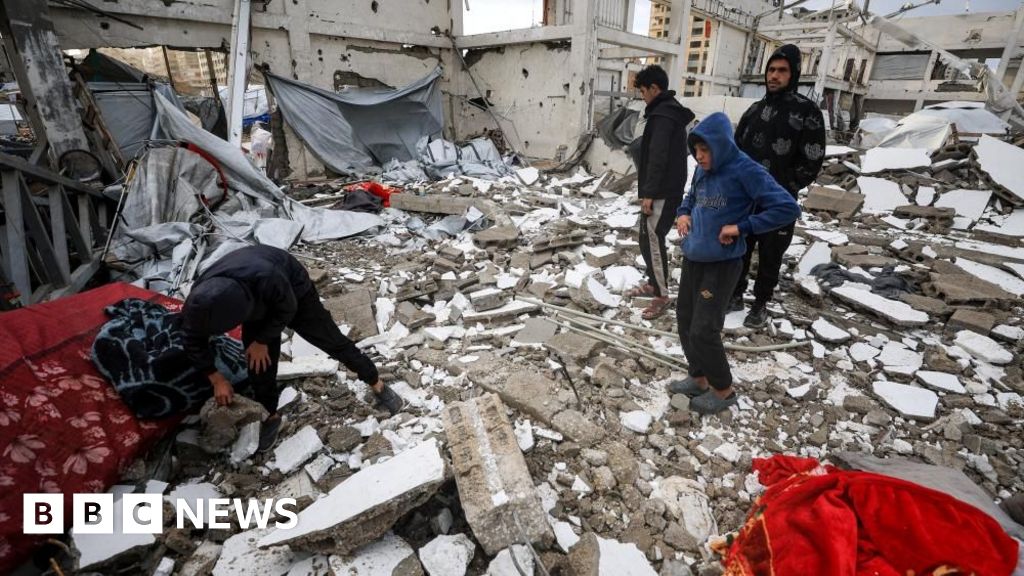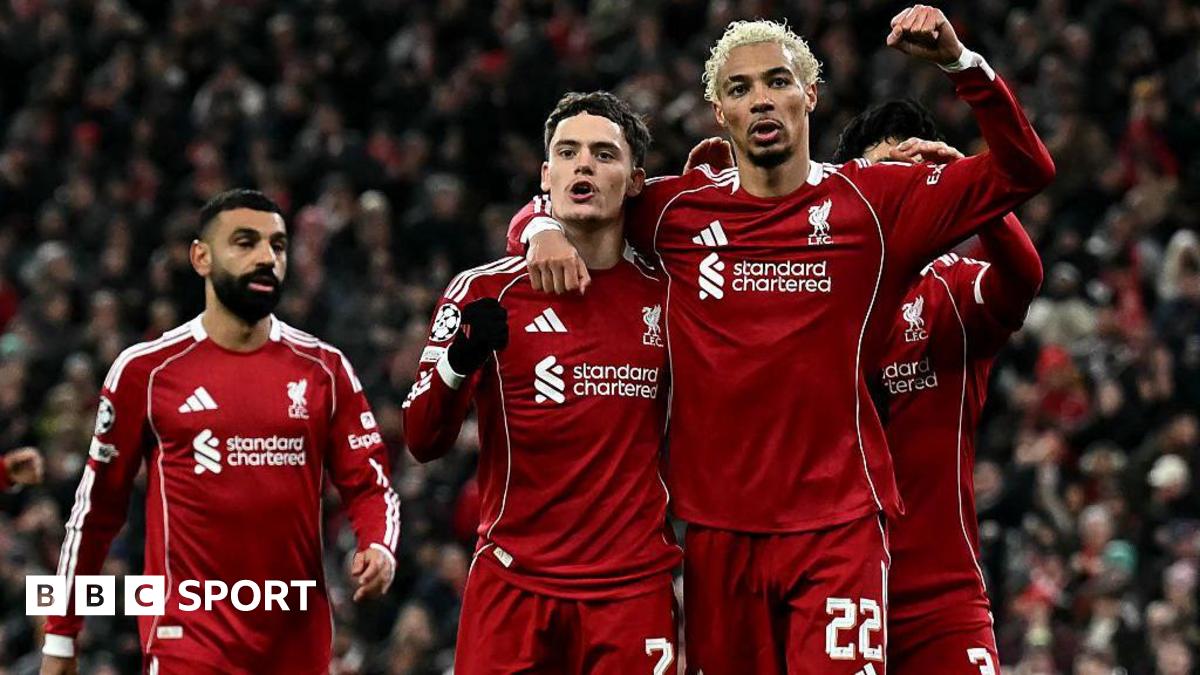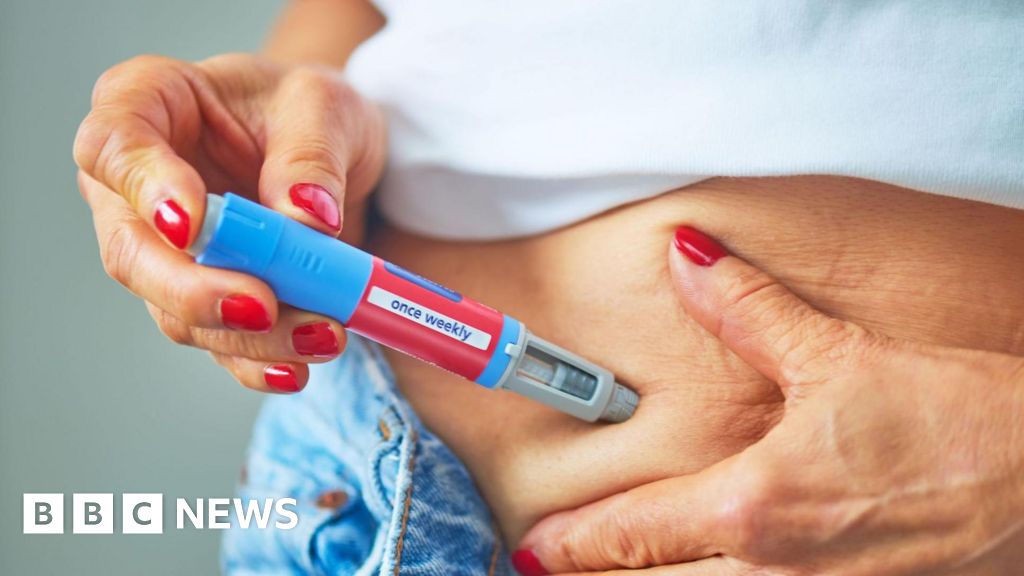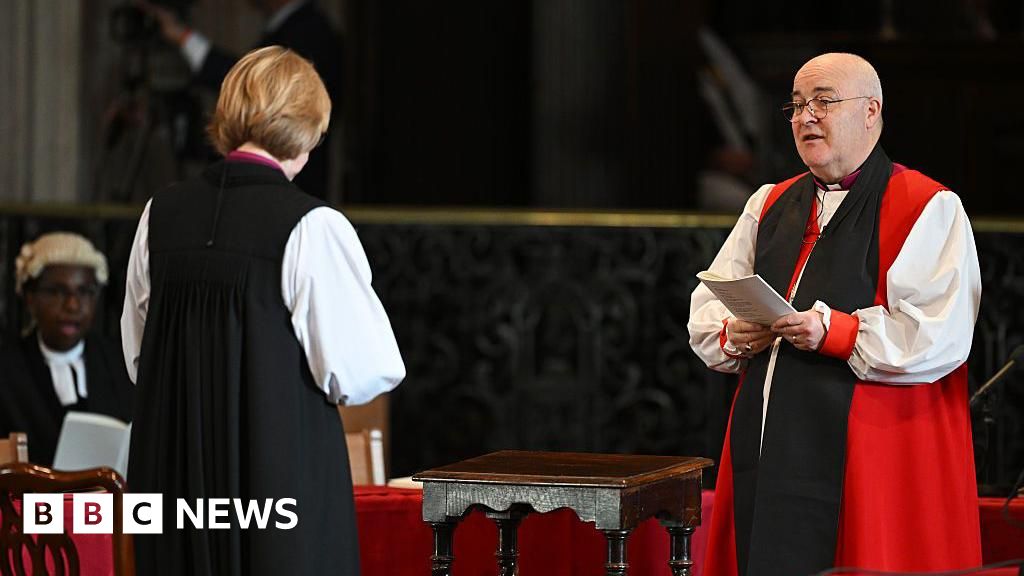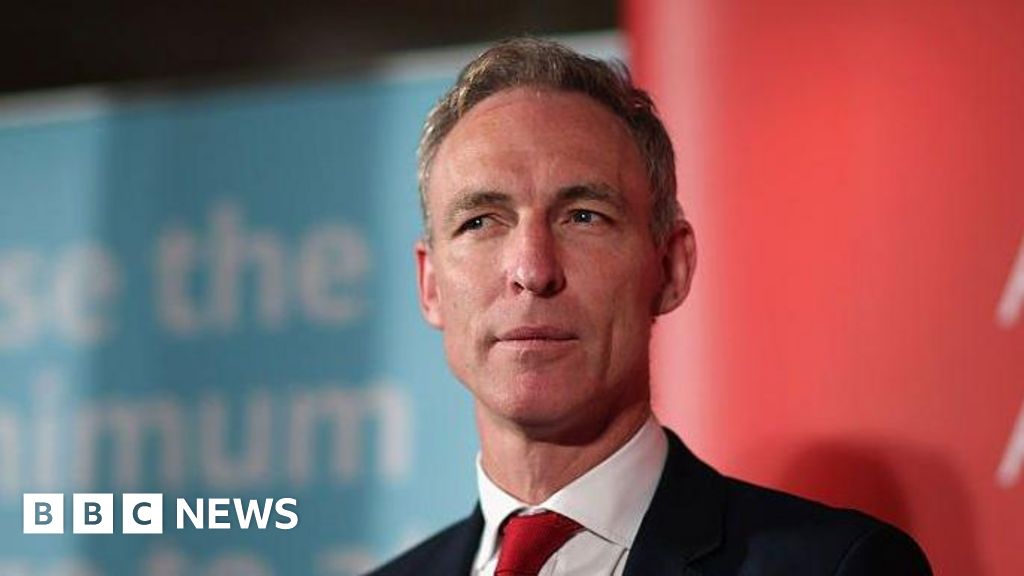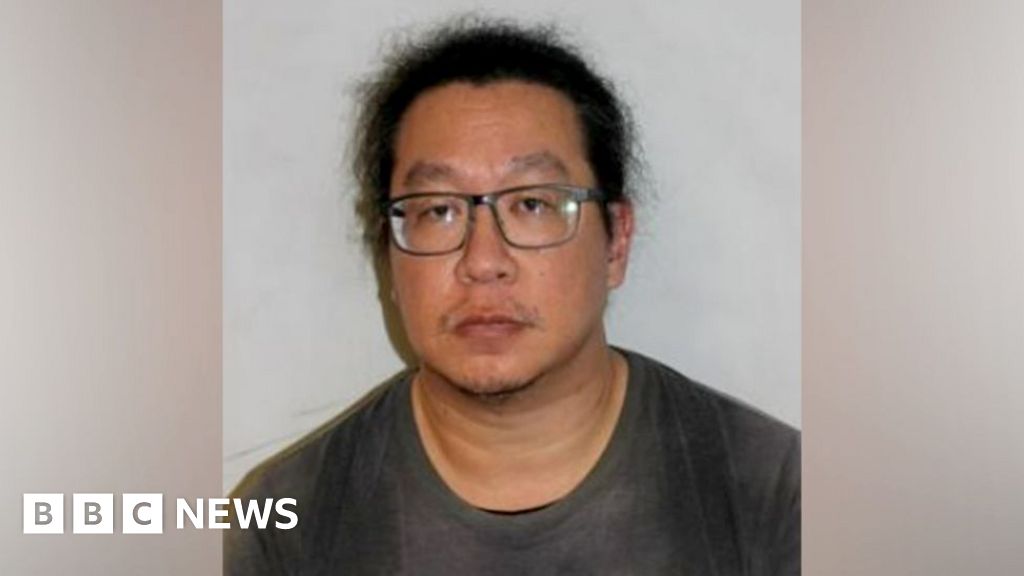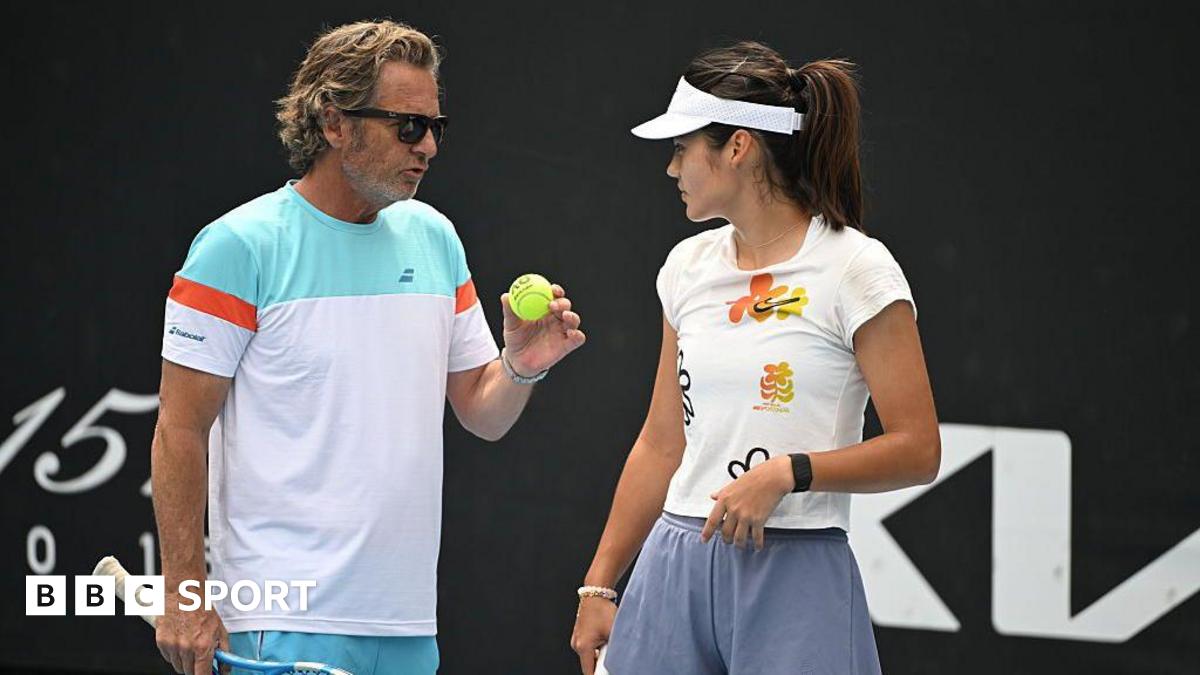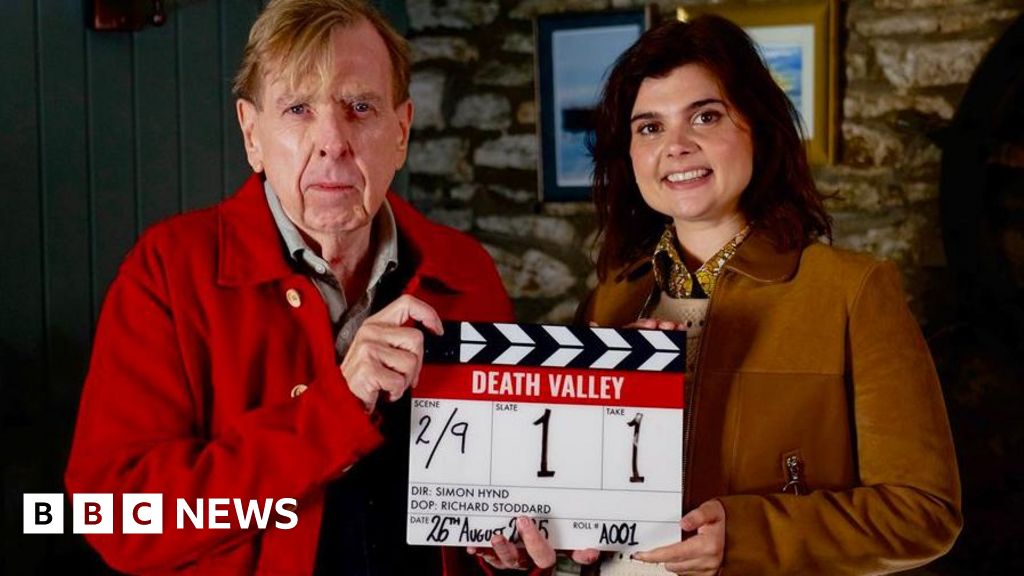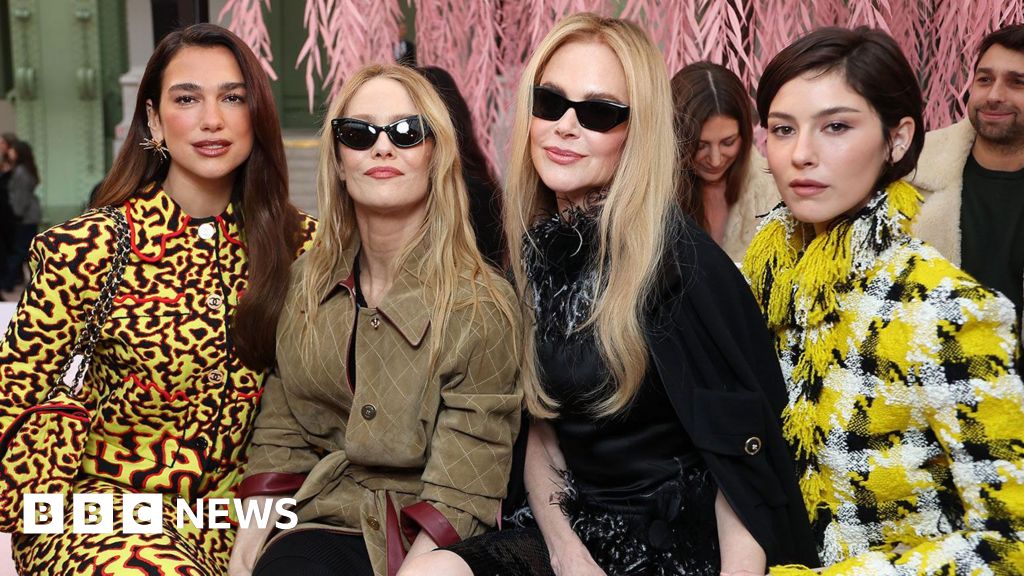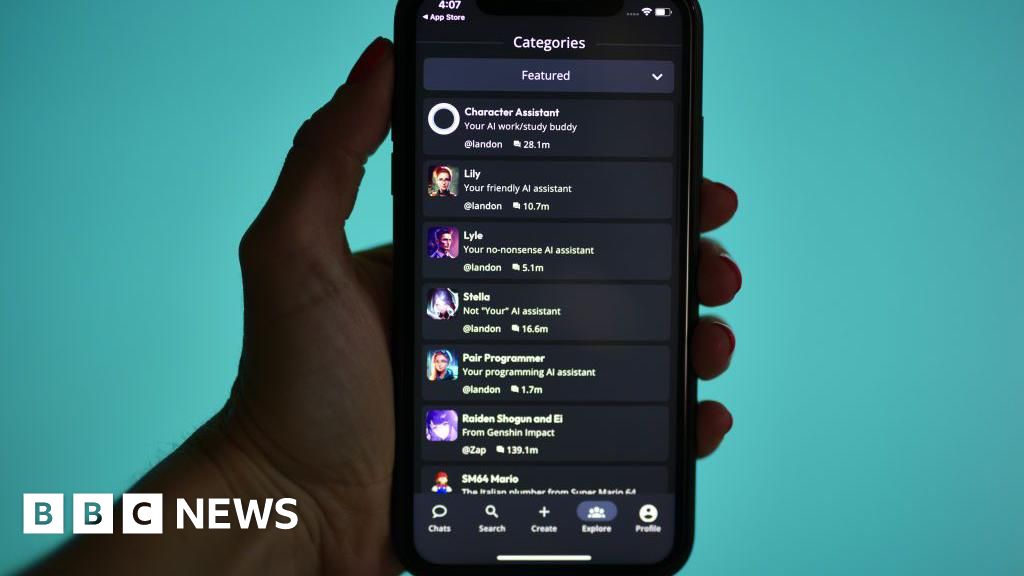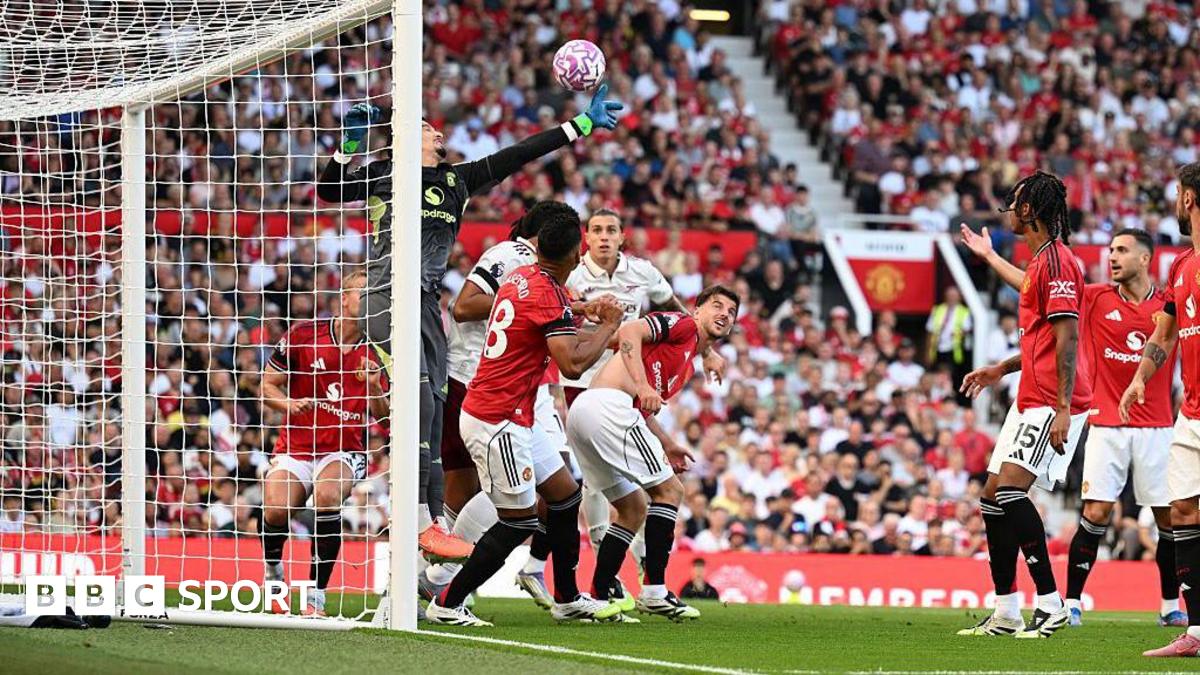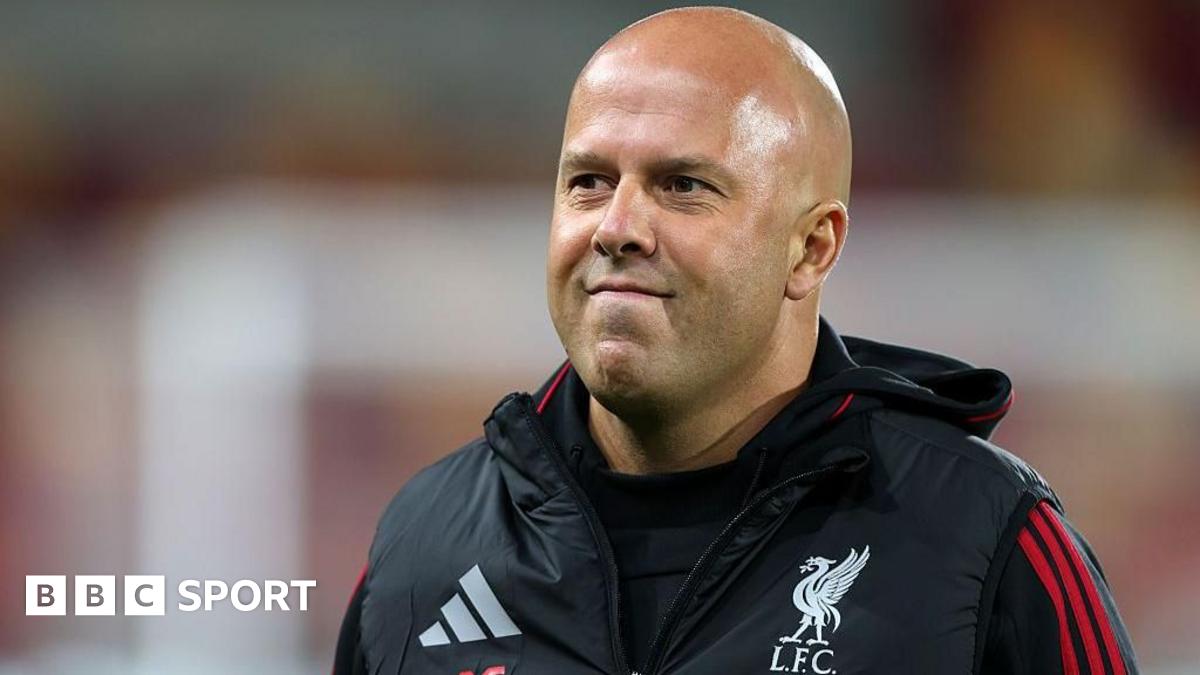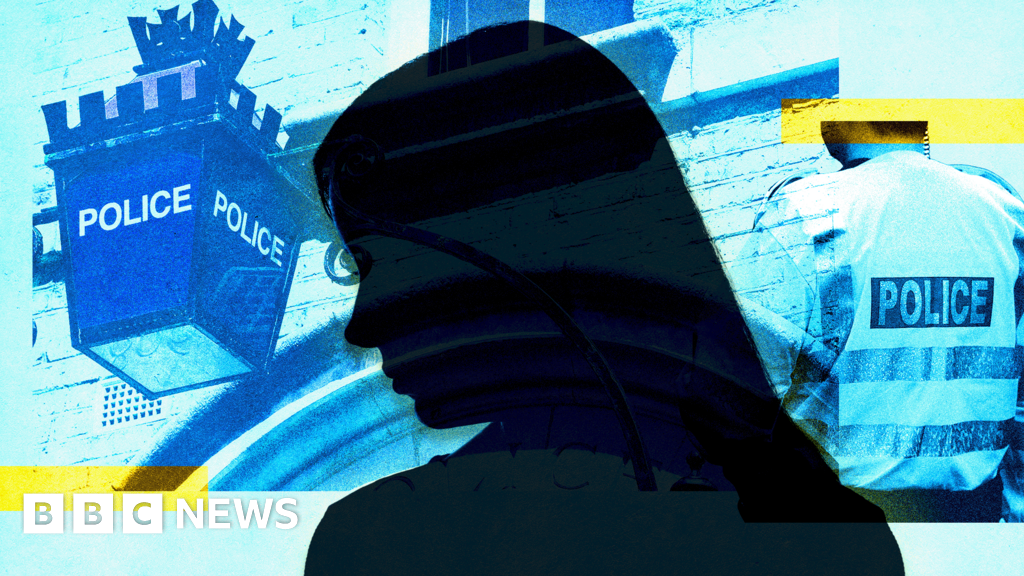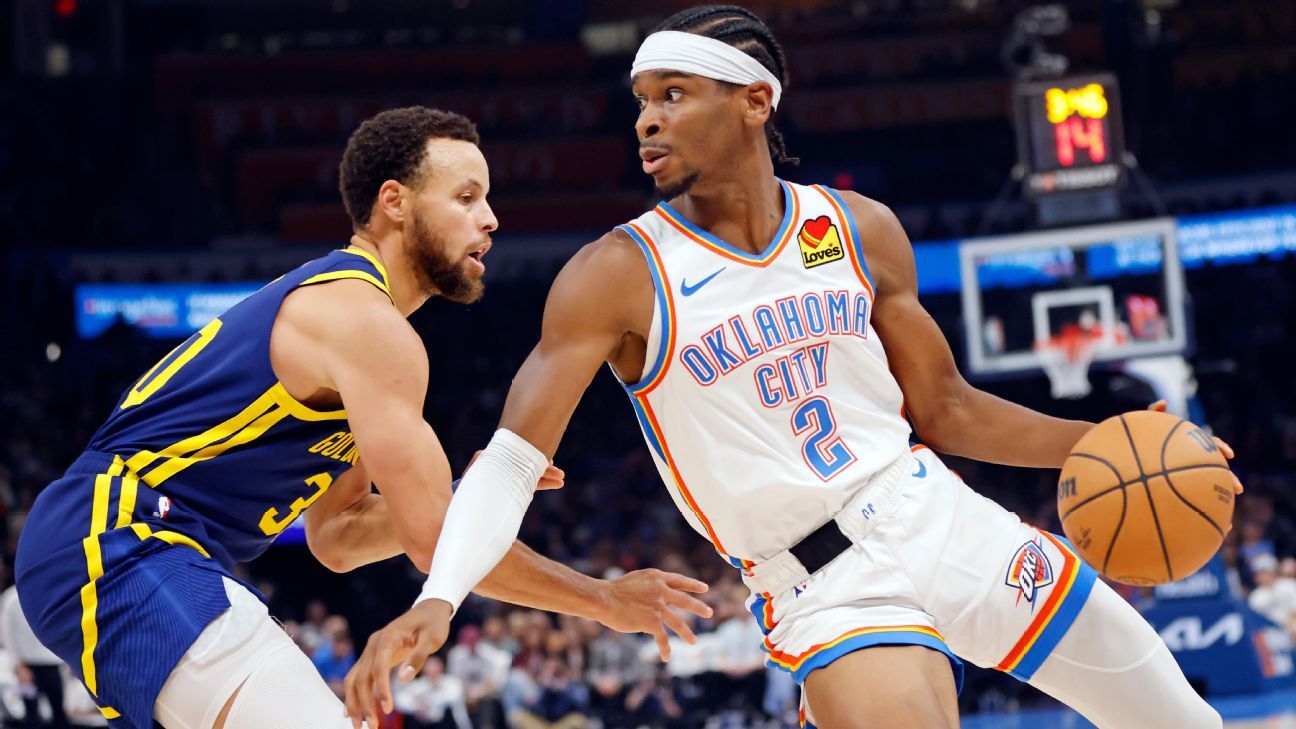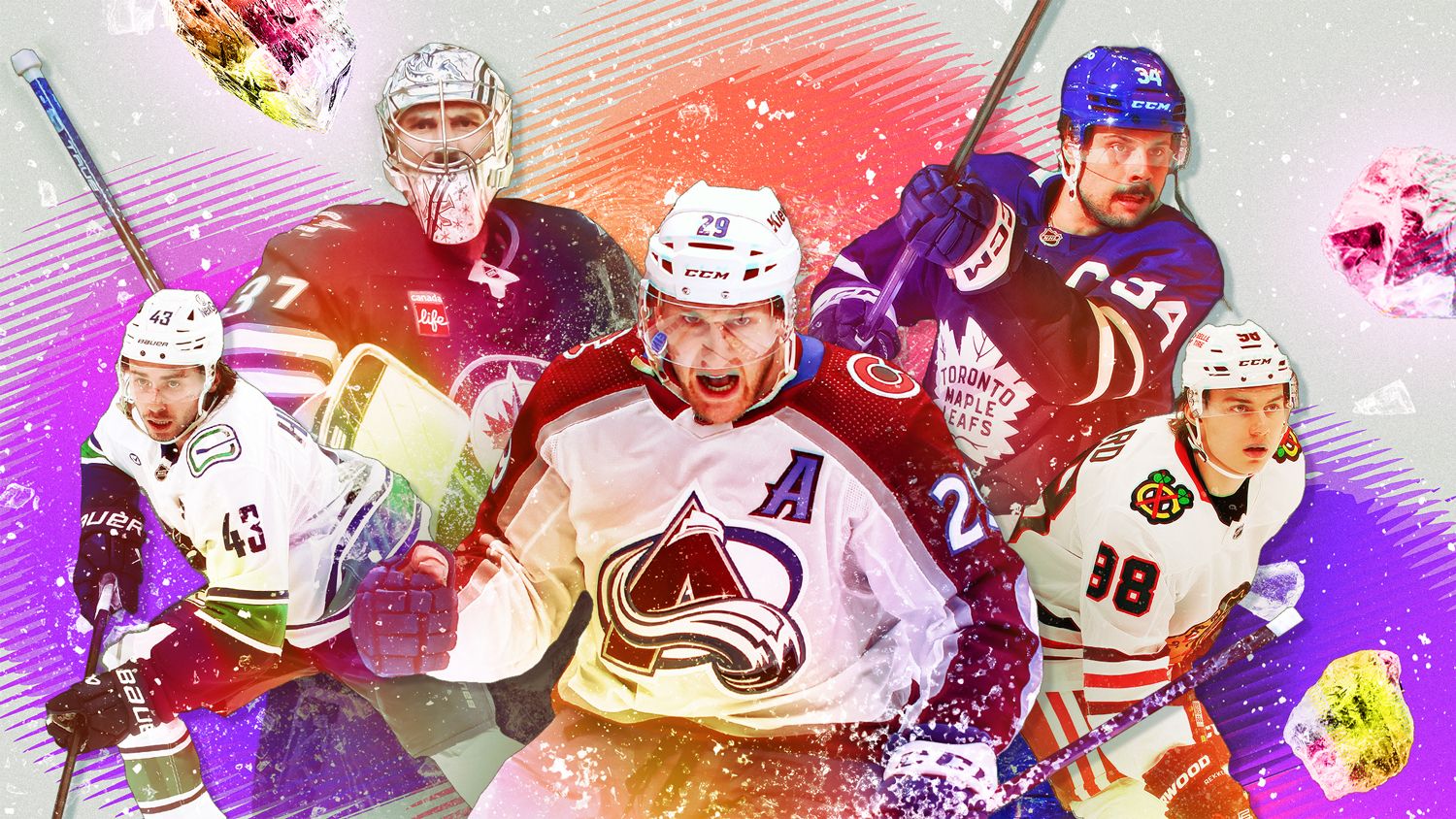You can tell how Aryna Sabalenka is feeling with just one glance.
A missed shot is greeted by gritted teeth, an eye-roll, a choice word towards her coaching team. Winners and aces bring a huge roar to the heavens, clenched fist raised high.
Her emotions fuel her - but they can also hinder her. Nowhere was that more obvious than the French Open final. Seventy unforced errors flew from Sabalenka's racquet as she was outsmarted by Coco Gauff on a windy Paris evening.
She broke down afterwards, apologising for "the worst final I ever played". She went further in a news conference, saying Gauff won "not because she played incredible [but] because I made all of those mistakes".
Sabalenka was heavily criticised for the comments. She apologised to Gauff, but some questioned if her emotions, such a crucial part of her game, would prevent her from winning another Slam.
"Women get criticised a lot for emotion," the great Billie Jean King told BBC Sport at Wimbledon.
"Girls are taught to be perfect and boys are taught to be brave. But nobody's brave all the time, and nobody's perfect.
"The best players, everybody always talks about 'they're mentally stronger' - no, they're emotionally stronger.
"When you're on the court, you have to feel you deserve it."
Sablenka ended the year a Grand Slam champion, having defended her US Open title, and kept the top ranking for 55 weeks in a row.
But the 27-year-old will also be left reflecting on another near-miss after losing the season-ending WTA Finals title match to Elena Rybakina, where she admitted she had "overthought" her game.
Sabalenka is one of the most powerful hitters in the women's game, but that was her undoing in her first few seasons on the tour.
She initially struggled at the majors, suffering a string of early exits before reaching the Wimbledon semi-finals in 2021.
Slam success seemed assured - but her serve, and her sheer desperation to win, got in the way.
In a match in Adelaide in early 2022, Sabalenka hit 21 double faults. At one point, she resorted to underarm serves. It was so bad that the umpire asked Sabalenka if she was OK, thinking she was injured.
After serving out the next game to love - and hitting an ace on the final point - Sabalenka hunched over next to her coach, hid her face in a towel, and cried.
She ended 2022 with 428 double faults - 151 more than anyone else on the WTA Tour - and no titles.
There was also the emotional stress Sabalenka had experienced. Her father, Sergey, died in 2019, and she was desperate to fulfil their shared dream of a major singles title.
"I really wanted to win a Slam for him, to put our family name into history," Sabalenka said in 2022.
"When he passed away, I started thinking too much about it. Now there is zero in my pocket. I just put so much pressure on myself."
Sabalenka previously worked with a psychologist but stopped during the 2023 pre-season, saying she realised "nobody other than me would help me".
She began the year with a tweaked serve and her first title for 18 months. Four weeks later, she was at long last a Grand Slam singles champion. Her new serve, and sheer determination, led her to the Australian Open title.
Three more Grand Slams came over the next two years and Sabalenka seemed to find a healthy balance with her emotions.
She faltered in the 2023 US Open final, overwhelmed by the 24,000-strong pro-Gauff crowd, and obliterated her racquet backstage afterwards. But four months later she defended her Melbourne title in serene fashion, losing just 31 games overall.
Afterwards, she said a conversation with her mother had brought a form of "relief".
"When I told her I want to win a Slam for my dad, she said 'what are you talking about? He was proud of you after each match you won. Every match for him mattered and titles weren't a big deal for him'," she said.
"I felt free."
Sabalenka started this year bidding to become the first woman since 1999 to win three successive Australian Open titles, but lost to a brilliant Madison Keys. She then let her emotions run riot on and off court in her Roland Garros loss to Gauff.
"You lose the final of the biggest tournament and you don't think cleanly," she said.
"I had to sit back and reflect on everything, and make sure that people understand my point - that I was completely wrong.
"It was a tough lesson but it helped me in so many different ways."
Sabalenka battled her emotions at Wimbledon, most impressively against home favourite Emma Raducanu in the third round. "Maybe earlier in my career, I would just go crazy and lose that set," she said afterwards.
"I was like, 'do not waste your energy - keep everything you have left inside'."
After a semi-final loss where Sabalenka felt she was not as "brave" as opponent Amanda Anisimova, she opted for a holiday. There, Sabalenka thought about why she let her emotions "take control over me in those two finals".
She made a decision - during her US Open title defence, she, not her emotions, would decide her fate.
Sabalenka made her way through the draw and found herself facing Anisimova in the final, with the American aiming to overcome a brutal Wimbledon final loss. Given the pressure Sabalenka already felt to ensure she didn't finish the year without a Slam, it was a huge test of her mental strength.
It was, arguably, Sabalenka's most mature performance of the season. Even a missed overhead as she served for the title was greeted with a wry smile. Sabalenka was broken in that game but put together a dominant tie-break to triumph.
"I knew that [because of] the hard work we put in, I deserved to have a Grand Slam title this season," Sabalenka added.
"Getting this trophy means I learned a lesson. I became a better player, I have better control over my emotions, and I am super happy."
There is still work to do, as missing out on the WTA Finals title shows. But Sabalenka was able to shrug the loss off quickly - a positive sign for her after a tricky year.
"After a little time, I feel actually great. The bad thing this season [is] I lost most of the biggest finals I made," she added.
"So I guess I'll just sit back in the Maldives having my tequila and think that actually, it's been pretty good so far.
"I just need to get little bit better with myself and hopefully next season I'll improve."

 2 months ago
88
2 months ago
88
